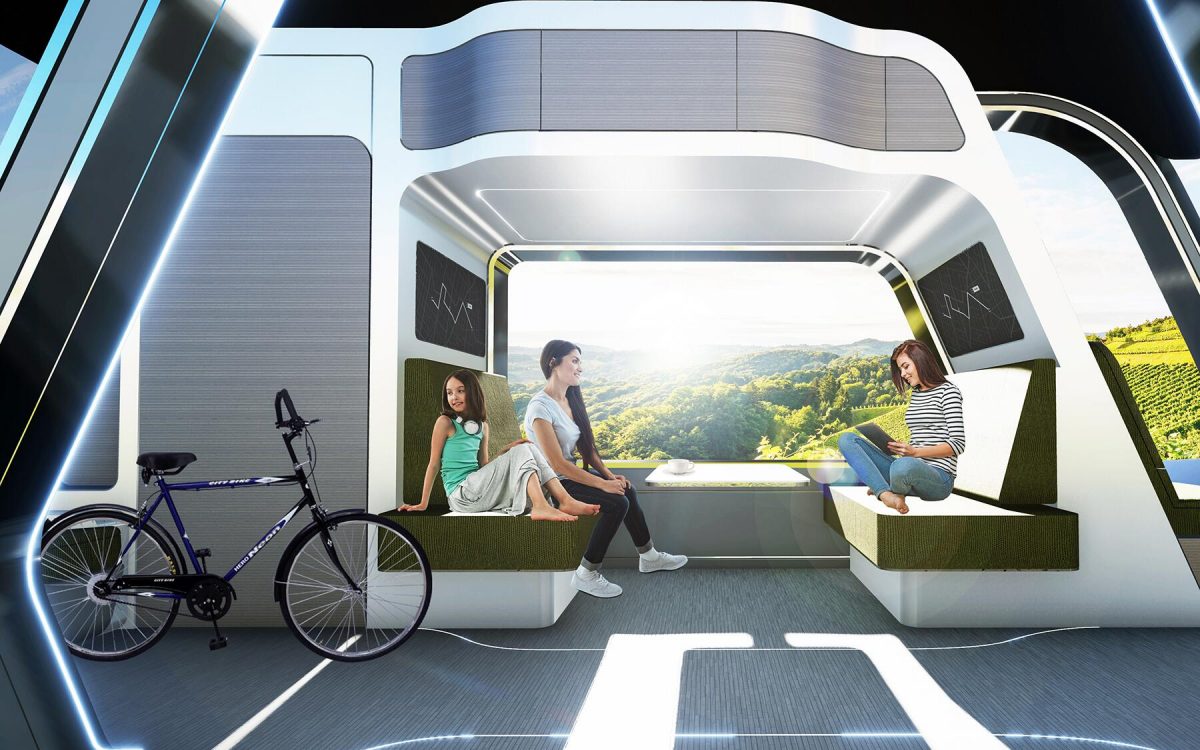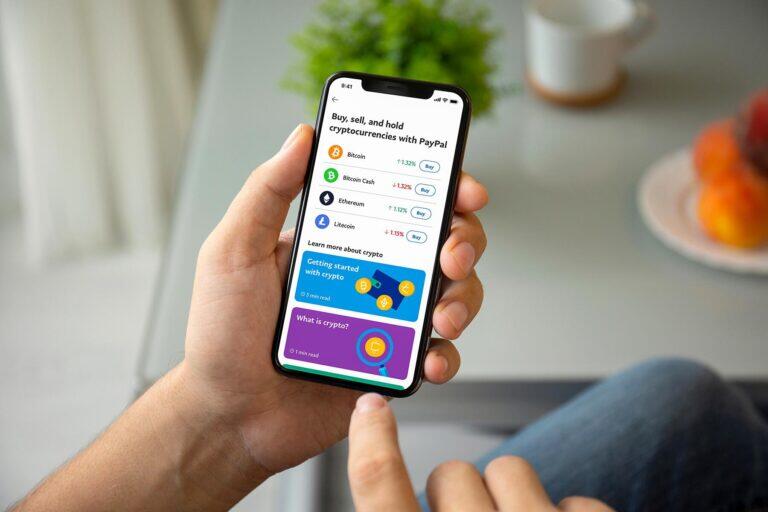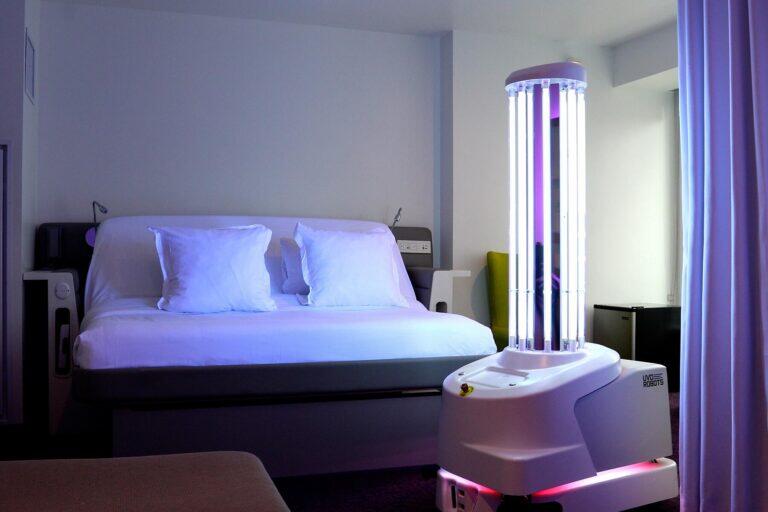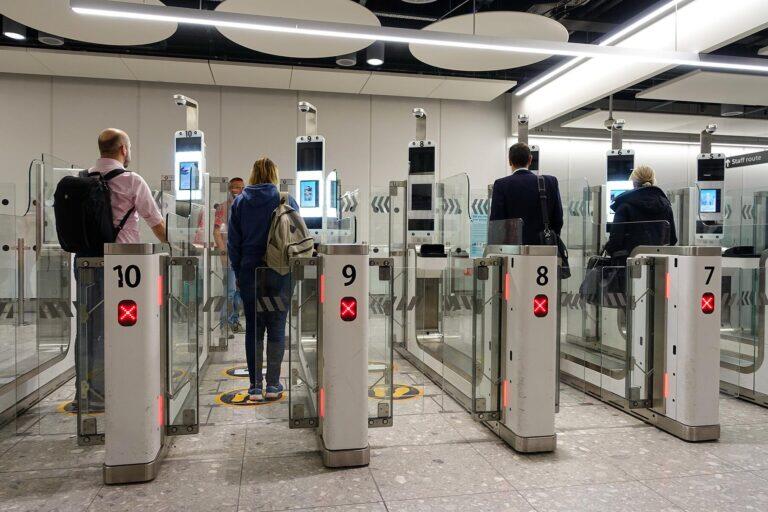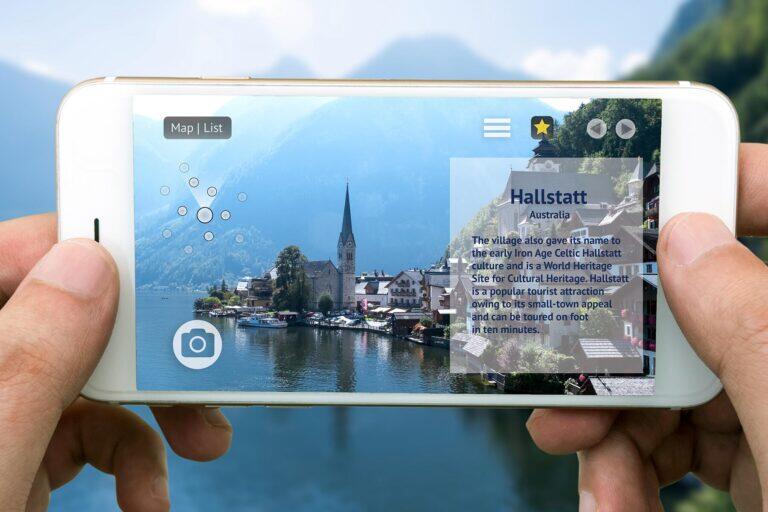How We’ll Be Traveling in the Future
Traveling in 2021 and beyond is going to look a little different. While spontaneous, carefree adventures may be on hold for a while, technology has stepped in to make the overall traveling experience smoother and a lot more convenient. From autonomous vehicles and augmented reality guides, smart hotels, and high tech gadgets, these are some forward thinking innovations we hope to be embracing soon. Let find out How We’ll Be Traveling in the Future below.
Contents
How We’ll Be Traveling in the Future
You’ll Pay Using Cryptocurrency
Crypto payments will soon be mainstream and this can only be a good thing. As cryptocurrencies mainly Bitcoin, Ethereum, Bitcoin Cash, and Litecoin get adopted by companies like PayPal currently you can buy, sell and hold crypto using your PayPal app more merchants will accept crypto linked payments.
Transactions are already executable by a QR code, typing in a Bitcoin address, or via a digital wallet like Coinbase so when this de fi form of payment gets popularised, it’ll mean an end to hefty foreign ATM fees and annoying currency conversion calculations.
You’ll Be Keeping Tabs on More Than Just the Weather
Adapting to post-pandemic travel will require research, likely a lot of it. Thankfully apps like Dragon Slayer help offload some information heavy lifting. A subscription based app $9.99 per month, 14 days free trial, it accesses a traveler’s risk tolerance through a series of questions, while simultaneously awarding a SAFE T Smart Analytics For Educating Travelers score to 50 U.S. States and 124 countries based on real time data trending COVID case counts, number of deaths, local unrest, etc. Additionally, destination specific information like quarantine requirements, group size limits, indoor dining status, and even ski pass reservations is updated daily so travelers don’t land blindsided and can spend less time on Google and more time getting into a vacation state of mine.
Cleanliness Will Be No Longer Be a Nice to Have
Now, more than ever, travelers will demand a high level of cleanliness to ensure their safety while away from home. Expect to see autonomous robots at airports doing regular cleaning of public spaces. Hotels, too, are investing in UV C light cleaning solutions and disinfecting chambers for high touch items key cards and remotes. Some, like tech savvy Yotel Boston is extending robo cleaning as a complimentary guest perk. Their Vi YO Let robot disinfects the air and surfaces via an integrated UVD light hospital grade disinfection system, so it’s not just countertops and sinks that get zapped free of germs and microbes, but also the surrounding air.
Your Face Will Be Your Boarding Pass
Start saving those paper boarding passes because they’re about to become a nostalgic travel souvenir. Pre pandemic, the use of biometric technology was already becoming the norm rather than the exception. From hotels to airports, retina scanning, fingerprint access, and other biometric identifiers were being introduced for convenience and security reasons, and now it’s helping to reduce in person contact.
Alibaba’s Flyzoo hotel in Hangzhou uses facial recognition technology for self registration, keycard collection, and elevator access, so no interaction is required at check in. At select U.S. airports, pre pandemic, boarding passes have been done away with in favor of a biometric facial confirmation of a passenger’s identity and travel status, and this looks to become a nationwide standard soon.
Augmented Reality Will Elevate the Travel Experience
Getting a close up view of the Colosseum, so close you’re able to spot one of the 36 trap doors that hide in plain sight. No, it’s not an exclusive insider tour, it’s thanks to the technology that already lives in your phone. Just as you play Pokemon Go or visualize a piece of IKEA furniture in your home, Apple Maps has an Augmented Reality Flyover Mode with close up views of over 300 cities. Apple aside, AR apps like WallaMe, ViewRanger, StarChart, and Wikitude World Browser let you explore your dream destination by offering interactive elements some tied to a physical location, other’s location independent so you can do indulge your wanderlust wherever you are. That is once of How We’ll Be Traveling in the Future.

